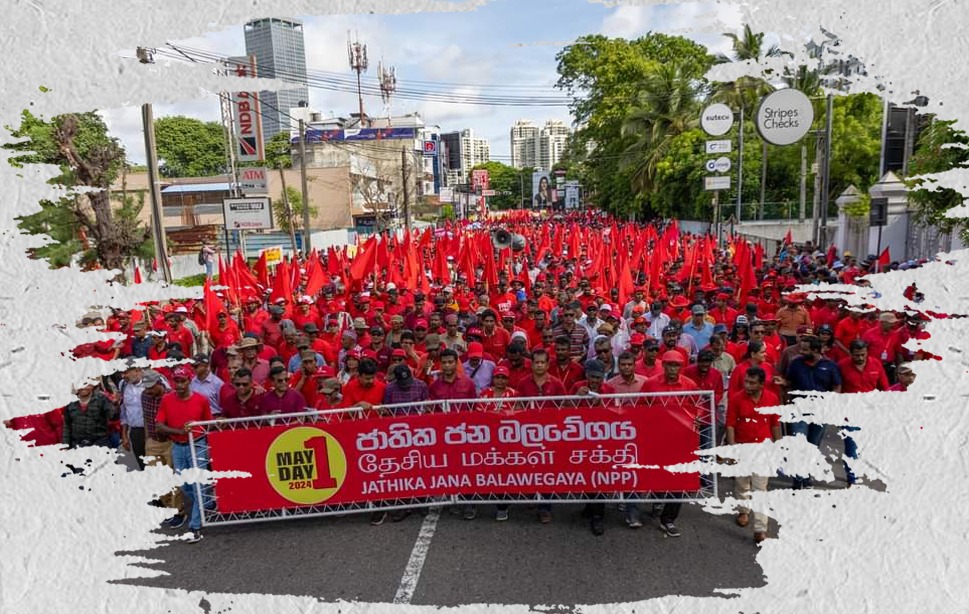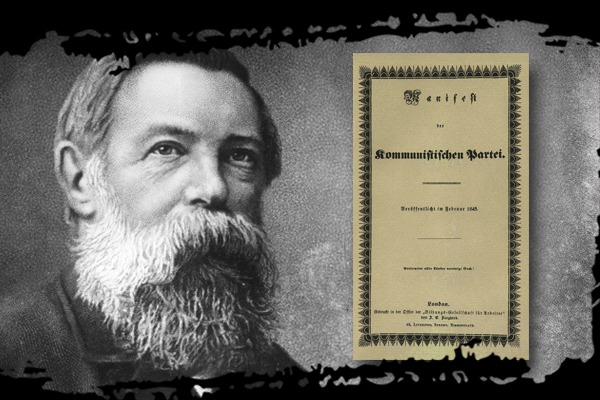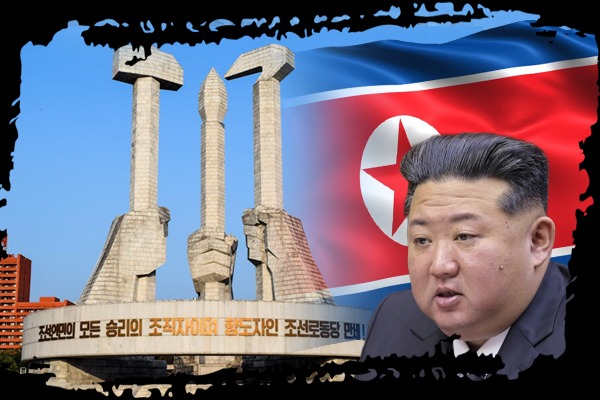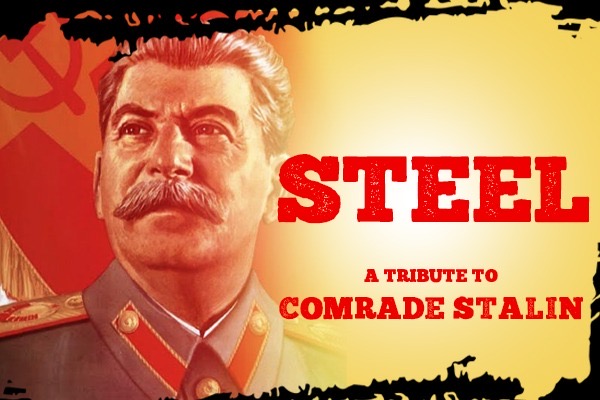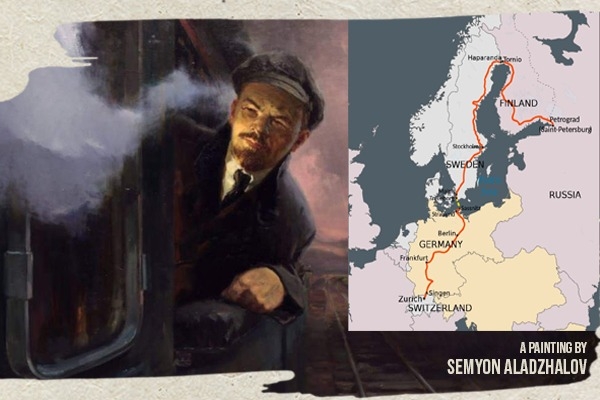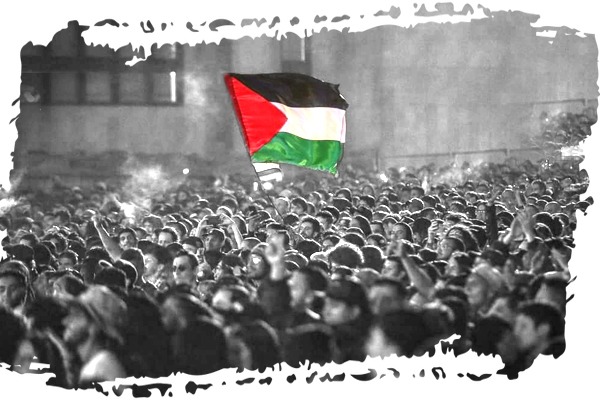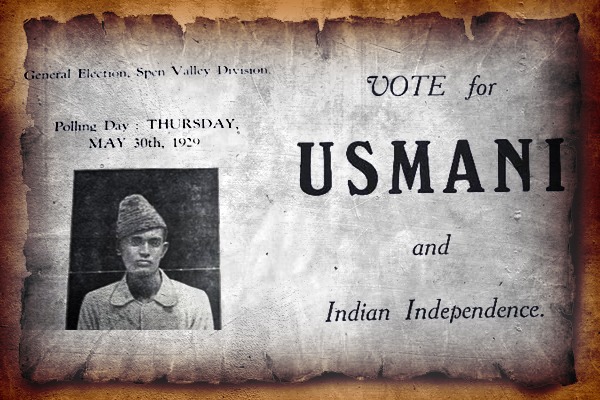What happened around the world on May day, 2024? As capitalism plays market tricks to lengthen working hours even without violating the eight-hour workday, how did the labour unions revise their agenda on the historic occasion? Posters, parades, speeches, demonstrations – let’s have a look at the demands and concerns voiced by working classes from different regions.
In Europe, the French are currently worried about being forced to work extra hours and potentially having to postpone their summer holidays as the country gears up for the Paris Olympics which is going to be staged in less than three months’ time. Workers in healthcare, transport, and police are especially stressed.
Major workers’ union CGT has warned of public sector workers, including health workers, going on strike during the Olympic Games if their demands are not paid attention to. The government has already announced bonuses for police officers who are going to be deployed during the games. The streets of Paris still saw a model of the Olympic rings being set on fire. Demands for ‘Olympic’ compensations joined forces with the usual May-day demonstrations for better pay and safer working conditions. Lyon, Toulouse, and other big cities also saw large numbers of policemen chasing and handling protesters from the May day march.
In Greece, several thousand protesters joined marches as labor strikes disrupted public transport and national rail. Trade Unions demands a return to collective bargaining after labor rights. Thousands of Pro-Palestinian youth joined the May day rallies with Palestinian flag as they marched past the Greek parliament.
Big rallies with the red flag are seen in Austrian cities like Salzburg, Graz etc. In 2023 Salzburg State Election, Communist Party of Austria or the KPO shocked many and won 4 seats along with 11.7% vote share. They increased their tally from zero in the last election. This result is reflected on the streets of Salzburg this time. KPO organized really big rallies in the beautiful city of Salzburg.
Cities like London, Lisbon, Brussels also observed big rallies of working class on this May day.
Workers and trade unions in the Turkish capital agitated over an attack on their right to celebrate the May day itself. Taksim square of Istanbul, which once witnessed 34 stampede deaths after unidentified gunmen opened fire on the May Day gathering in 1977, saw the police using tear gas and rubber bullets on a large mass trying to enter the square disrespecting Erdogan’s ban on the annual protests announced on the eve of May day. More than 40,000 police were deployed across Istanbul, roads were blocked, and 210 protesters were arrested.
The secretary general of the Confederation of Revolutionary Trade Unions of Turkey told the AFP “We have demonstrated our will to celebrate May day at Taksim Square.” Emphasising the symbolic significance of the historic square, she added “Taksim means May day, Taksim means Labour.”
South Asian countries are known to organize big rallies on May day. Workers with red ribbons tied around their foreheads gathered outside the National Press Club in Dhaka, Bangladesh. They promoted their nine-point charter of demands which included higher minimum wages, inflationary measures, end to outsourcing, social and workplace safety, and dropping proposed bills and acts that are not worker-friendly.
Sri Lanka celebrated May day with more than 40 big rallies in various parts of the country. Jathika Jana Balawegaya, also known as NPP is a political alliance lead by Janatha Vimukti Peramuna (JVP) arranged huge gatherings of workers in the capital city Colombo. The Frontline Socialist Party and the Communist Party also organized May day rallies.
The Labour day rallies in different parts of India focused on safeguarding democracy in tune with the ongoing national election. The left parties in India raised their voice for the working class and simultaneously gave call to defeat BJP in the parliament election.
In Iraq, trade unions demanded better wages, the reopening of closed factories and the end to privatization of certain businesses on May day.
More than 10,000 people gathered in Tokyo, Japan demanding salary increases and work place security. Masako Obata, leader of the left-leaning National Confederation of Trade Unions led the big rally.
Workers demonstrating in Indonesia asked for a rise in the minimum wage and protection for migrant workers who are working abroad. Scores of protesters took to the streets in Seoul, the South Korean capital, in the interest of protecting their rights to strike under the stringent workplace policies promoted by a conservative government. Demands for higher wages and better job security were voiced across the Philippines. In Manila, drivers of jeepneys – the city’s main mode of public transport – joined the May day rally just after ending a three day strike protesting modernization.
Several thousands of pro-Palestinian demonstrators joined May Day events in African countries. As expected huge gatherings are seen by the trade unions in South Africa. Significantly in Kenya, President William Ruto called for an increase in the country’s minimum wage.
The presence of the Palestinian flag was noticeable in nearly all May day protests this year, especially in the US, Europe, Africa and middle-East. Demands for pay rise and justice for Gaza met in the voices of hundreds of protesters marching through the Greek capital Athens. Similar scenes emerged in Lebanon as well. Pro-Palestinian demonstrators joined the May day rallies across South Africa. The worker’s voice is the voice of the oppressed, and workers around the world indeed stood shoulder to shoulder with the oppressed masses of Gaza.

